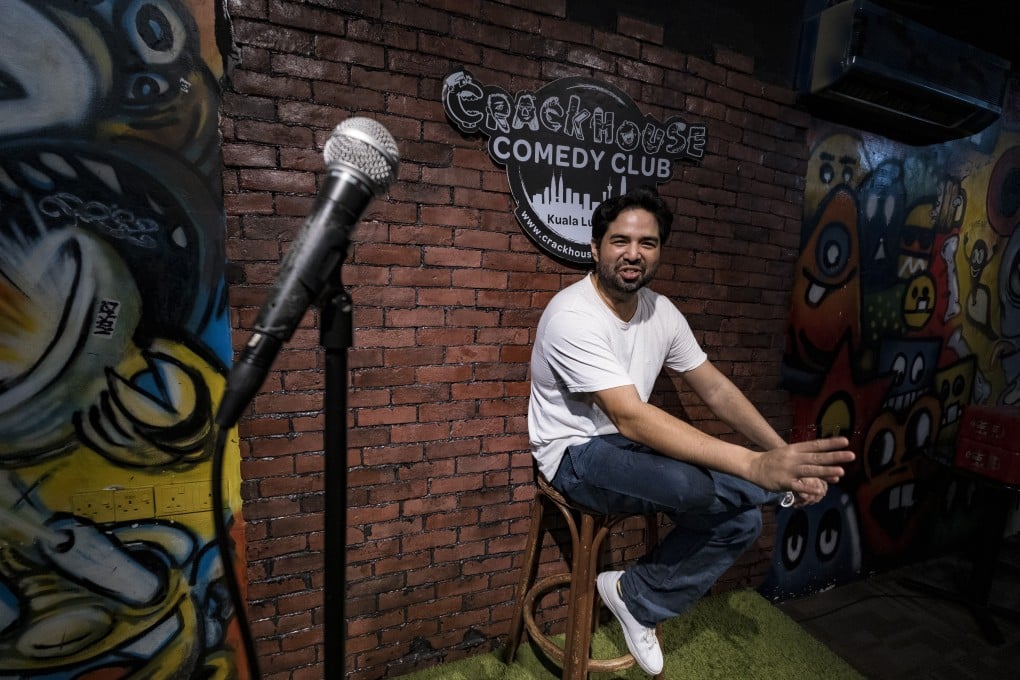Malaysia’s food entrepreneurs bank on tech and innovation to survive Covid-19 lockdowns
- With the national pastime of eating out curtailed, chefs and restaurateurs turned to food delivery apps and scrambled for government aid
- Established players are looking for ‘pandemic proof’ models involving cloud kitchens and affordable dishes suitable for delivery

Others saw opportunity amid the crisis, however, with new entrepreneurs entering the food and beverage space looking to leverage their knowledge of the digital world and knack for innovation.
Rizal Van Geyzel, co-founder of the Crackhouse Comedy Club in Kuala Lumpur’s upmarket Taman Tun Dr Ismail suburb, was among them.
Forced to close its doors in the early days of the pandemic, the club survived for a few months on government relief payments, Van Geyzel said, before he realised: “I had two choices – either hop on the virtual event bandwagon that most have done or get into the food business.”
He said he chose food “because it was something that I thought I could carry over even after the pandemic”, later deciding to include “complimentary one-minute joke clips by past headliners” with every order to make his pizzas stand out in a crowded marketplace.
The result has been a surge in interest, with Van Geyzel saying the club “saw an increase of up to 60 per cent spending for food compared to ticket sales when we could open up to the public” in between lockdowns.
